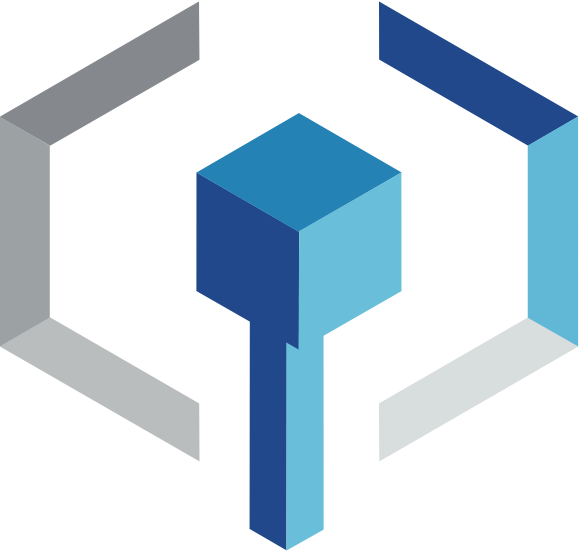Wed, Jun 16, 2021, 17 CET I Pontus Johnson (KTH) – Mutter aller Sicherheitslücken: Arbitrary Code Execution in the Universal Turing Machine
On Jun 16, 2021, 17h CET, Pontus Johnson, Professor at KTH Royal Institute of Technology, Sweden, will give a talk on “Mutter aller Sicherheitslücken: Arbitrary Code Execution in the Universal Turing Machine”.
You are cordially invited to join the free live stream on youtube and LinkedIn! To register and subscribe to the series announcements, just enter your mail address in the box on the left at https://talk.cybercni.fr/. Please share the link https://talk.cybercni.fr/2021-06-16 with your interested friends!
Abstract
The Universal Turing Machine is a fundamental theoretical model of computation; one might call it the mother of all computers. In this talk, Pontus Johnson will be presenting the exploitation of a vulnerability that he discovered in Marvin Minsky’s 1967 implementation of the Universal Turing Machine. As an introduction to the actual exploit, the workings of the Universal Turing machine are reviewed. The talk ends with some general speculations on potential implications of the presented vulnerability on computer security in general.
You can find the corresponding research paper here: https://arxiv.org/abs/2105.02124
You can find the slide here.
Pontus Johnson
Pontus Johnson is a professor at the KTH Royal Institute of Technology in Stockholm, Sweden. His research interests mainly lie in the area of cyber security and the analysis of architectural models of computer networks – in particular simulating cyber attacks on such networks. Pontus supervises a number of PhD students and holds courses on Ethical Hacking. He is the director of the Center for Cyber Defense and Information Security at KTH, a collaboration with the Swedish Armed Forces. He received his MSc from the Lund Institute of Technology in 1997 and his PhD and Docent titles from the Royal Institute of Technology in 2002 and 2007. He was appointed professor in 2009. Since 2013, he is a member of the Swedish Royal Academy of Engineering Sciences (IVA).
He has chaired, co-chaired, and participated as steering committee member in many international conferences and workshops and participated in program committees in over fifty such events. He has been associate and guest editor to several journals. He has authored well over 100 scientific articles, mainly on the prediction of the cyber security and other non-functional properties in software-intensive system architectures.
Pontus is the chair of IVA Division II. Pontus is also a co-founder of foreseeti, a research spin-off company developing cyber security attack simulation software. He is a member of the Software Systems Architecture and Security (SSAS) research group within the Division of Network and Systems Engineering (NSE) at the Department of Computer Science in the School of Electrical Engineering and Computer Science (EECS) at KTH.
KTH Royal Institute of Technology in Stockholm, Sweden
Since its founding in 1827, KTH Royal Institute of Technology in Stockholm has grown to become one of Europe’s leading technical and engineering universities.
Talk.cybercni.fr
The Cyber CNI Lecture Series is a free monthly event that takes place on the last Wednesday of the month from 5:00 pm to 6:30 pm.
The event consists of a 40-minute expert presentation followed by a 30-minute discussion.
The Cyber CNI Speaker series aims to raise awareness and understanding of cyber security issues among all audiences. It aims to enable an ongoing dialogue between experts from industry and academia and the general public (citizens, families, small and large businesses, public organizations, etc.). All of us are concerned.
The events take place in the Grand Amphithéâtre d’IMT Atlantique in Rennes (Cesson-Sévigné) and will be broadcast live on Youtube (https://talk.cybercni.fr/), allowing worldwide remote participation and including a tool to participate in the discussion.
How the digital transformation is changing our lives
The COVID-19 pandemic has shown all of us the benefits of information technology. It allows us to work at a distance, to live at a distance, and most importantly, to keep in touch at a distance – with younger and older people, those closest to us, and even making new contacts.
Our society relies more and more on information and operational technologies. Examples include water, energy, heat and cooling supply, communications, healthcare, production and processing of goods, transportation, national security, banking, research and education, and food production.
What all these areas have in common is that they make intensive use of networked distributed computer systems. These systems can be attacked in many ways. This is no longer just a problem for computer “pros”, because computer systems are essential to all of us. The effects of “cyber-attacks” range from power outages to the collapse of the health care or banking sectors.
Program and registration: https://talk.cybercni.fr/
